Health Checkups and Tests You Need
Visiting your doctor occasionally to make sure your body is sound is a great way to keep your body’s health in check.
How often you should get health checkups and tests depends on your age and general health. You might also be at risk of certain diseases due to your lifestyle, genetics or medical history.
This article lists vital tests that you should not skip during your medical evaluation. We have also listed signs and symptoms for different health conditions which can help you learn more about them.
1.Healthy Body Weight
When you go for a regular physical exam, your doctor will ask your height and weight or check these items. With your weight and height, your body mass index or BMI can be calculated. The BMI helps check if you have a healthy body weight.
If you are overweight or underweight, your doctor will help you understand how you can reach a healthy body weight.
2.Blood Pressure
Blood pressure fluctuations can lead to heart and kidney disease. If the blood pressure remains high, patients are diagnosed with hypertension.
Hypertension if left untreated can lead to kidney problems and the chances of a stroke and heart attack rise exponentially.
Normal blood pressure is 120 over 80. Hypertension is a 130 over 80 or higher. You should frequently check your blood pressure after the age of 18 especially if hypertension runs in the family.
If blood pressure is found to be high often, you should consult your doctor. Your doctor will prescribe a medicine that will help keep it under control.
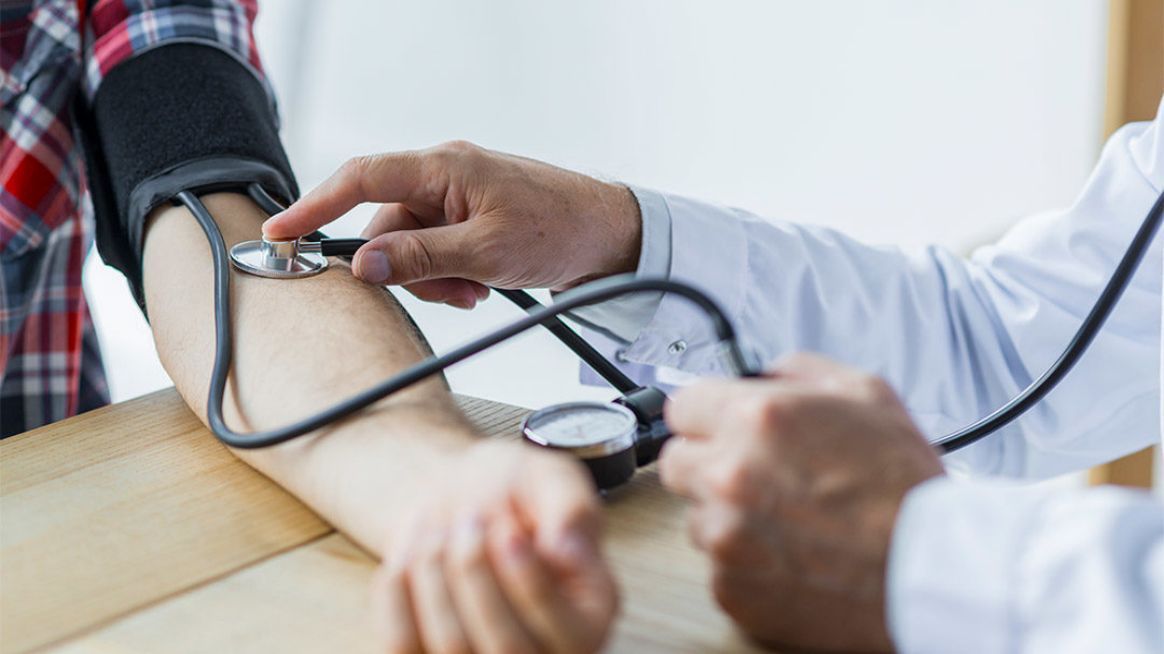
3.Cholesterol
Cholesterol refers to the fat in your blood. Too much fat in your blood can lead to clogging of your arteries and veins that can cause stroke or heart disease. To check cholesterol levels, the doctor will run a blood test.
It is recommended to get your cholesterol checked every 5 years if you are over the age of 18. The risk factors increase if you are overweight, have diabetes, family history of diabetes or have a bad diet.
4.Colonoscopy
Colon cancer is one of the most common types of cancer that affects people all over the world however
African Americans are at higher risk of developing it in later stages of life. Your doctor will check for tissue growth called polyps in the colon or rectum that are an indicator of an abnormality or an early stage of cancer.
A colonoscopy should be done every 3-10 years depending on the results of your colonoscopy.
5.Blood Sugar Test
Blood sugar test checks for diabetes. It measures the glucose, a type of sugar in your blood that can lead to obesity or diabetes. You should check your blood sugar often after the age of 40 to find out if you are prone to diabetes.
Certain health factors can lead to diabetes, such as:
●Being overweight
●High cholesterol
●Genetics
Depending on how severe the sugar levels are and the type of diabetes, your doctor will prescribe insulin.

6.Bone Density
As we age, our bones lose density and become weaker. This can lead to a condition known as osteoporosis that makes the bones susceptible to getting fractured easily.
If you are a woman over the age of 55 or a man over 65, you should get a bone density scan to analyze the bone density.
Your healthcare provider will recommend a diet that helps you strengthen your bones.
They may also prescribe supplements that can help your bones absorb more vitamins and minerals to improve bone health. Here are some of the reasons why your bone density might be low:
●Broke bones easily in the past
●Took steroids for a long time
●Arthritis
●Underweight
●Family history of breaking bones easily
7.Kidney Health
Kidney health can be determined through blood tests. If your kidneys are not working properly, your body will shows signs such as:
●Fatigue
●Nausea
●Trouble concentrating
●Swelling in face and feet
●Frequent urination
●Cramping of muscles
●Itchy and dry skin
●Breathlessness
You should get your kidneys tested especially if you are suffering from frequent UTIs or have hypertension. To take care of your kidney health, drink plenty of water. If you notice any of the above symptoms, contact your healthcare provider right away.
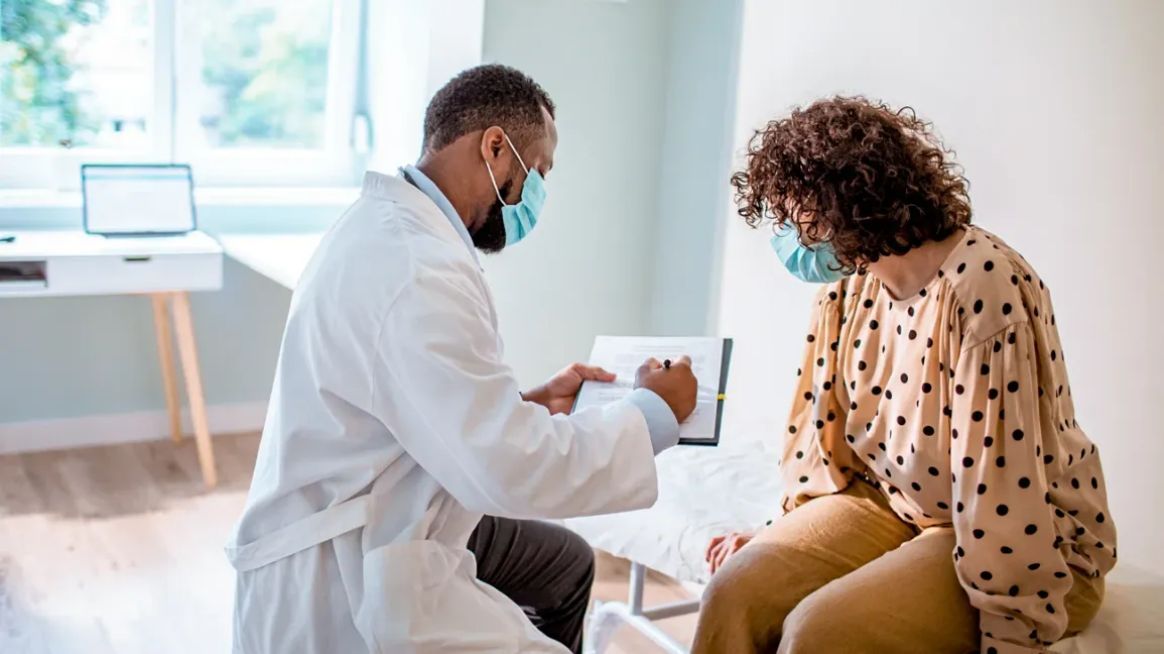
8.Pulmonary Function Tests
This one is necessary if you are a smoker or have been exposed to secondhand smoke or fumes that are dangerous. A pulmonary test such as spirometry will determine how much air your lungs can hold which shows how healthy your lungs are.
Your lungs are unhealthy if you experience:
●Shortness of breath
●Fever
●Blood or mucus when coughing
●Chest pain or painful breathing
You should contact your doctor right away if any of these symptoms exist and you are prone to developing a lungs infection or lung cancer.
9.Dental Checkup
A dental test can help determine if you have gum disease or tooth decay that can lead to tooth loss. Taking care of your dental health is extremely important to have a confident smile.
Medical conditions such as bruxism or GERD can cause bleeding gums and bad breath that can shatter your confidence. Also, cavities and crooked teeth can make you feel insecure.
Visiting a dentist once a year or twice a year can help you avoid dental problems. You should see your dentist if you have:
●Bleeding gums
●Cavities
●Pain in mouth
●Bad breath
●Dry mouth
●Tumors or lesions in gums
Bottom Line
Health checkups can help you keep a track of your health problems. It can also help detect and prevent health problems early for speedy treatment.
If you are at risk of developing health complications due to your medical history, genetics, environment, or lifestyle, you should not skip getting regular health checkups to avoid common health problems that can affect your health.
It is also important to eat a healthy diet and maintain an active lifestyle to stay healthy.
OTHER NEWS
-
- Cholesterol and Diet: Foods That Help Lower Your Levels
- By Prodosh Kundu 10 Sep,2024

-
- Five healthy staple foods to eat during weight loss
- By Prodosh Kundu 19 Aug,2024

-
- Impact of Orthodontics on Personal and Public Health
- By Roha Tariq 07 May,2024
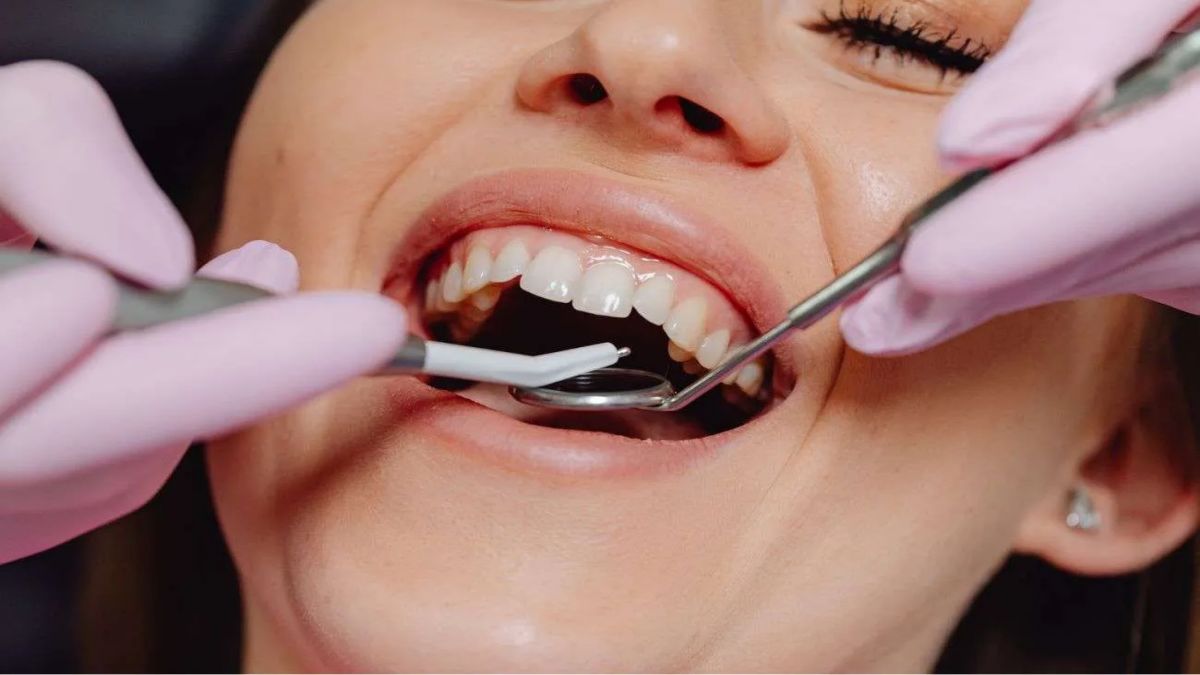
-
- Non-allergic rhinitis—vasomotor rhinitis
- By Dr. James 12 Apr,2024

-
- Treatment Methods for Cataracts
- By Jason 06 Mar,2024
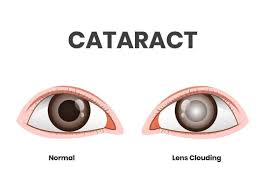
-
- The causes of bloating in the upper abdomen and abdominal tympany are as follows
- By Jason 05 Mar,2024

-
- Rehabilitation training after fracture involves reduction
- By Jason 05 Mar,2024
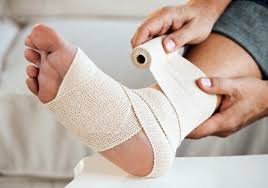
-
- Life with Multiple Sclerosis: Coping Strategies and Daily Management
- By Prodosh Kundu 09 Sep,2024

-
- How to relieve migraine after tooth extraction and its causes
- By Jason 14 Mar,2024

-
- Treating bromhidrosis surgically
- By Jason 14 Mar,2024

-
- Innovative Treatments for Lung Cancer: What’s on the Horizon?
- By Prodosh Kundu 18 Sep,2024
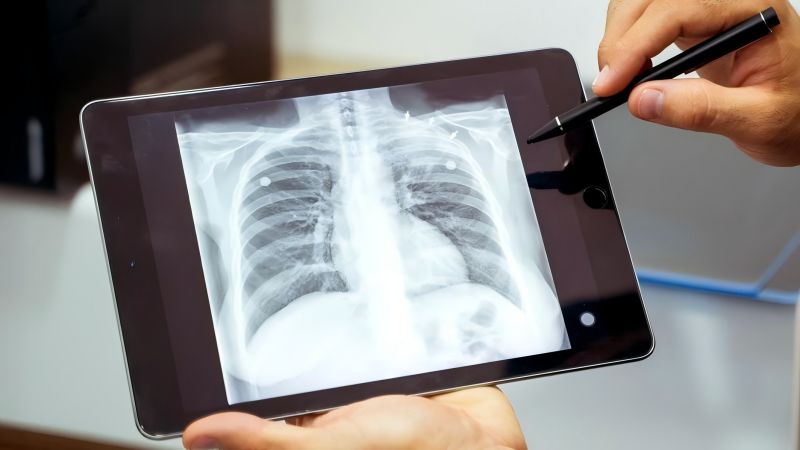
-
- Things to do for lower back pain patients
- By Jason 05 Mar,2024

 1
1 1
1